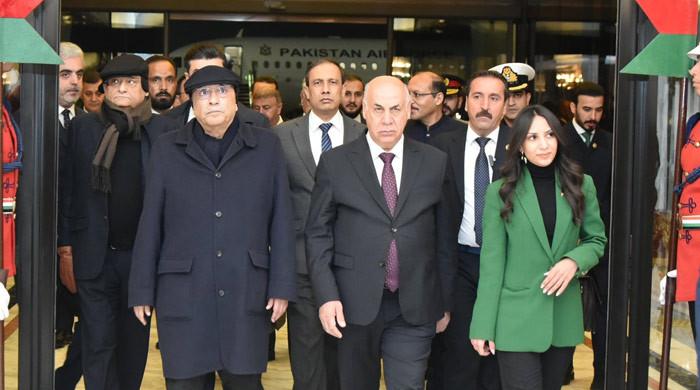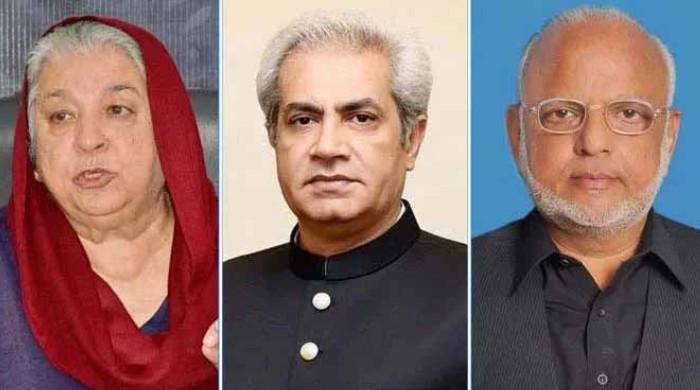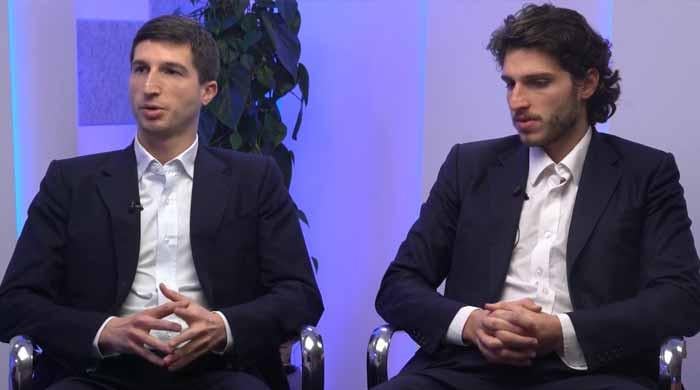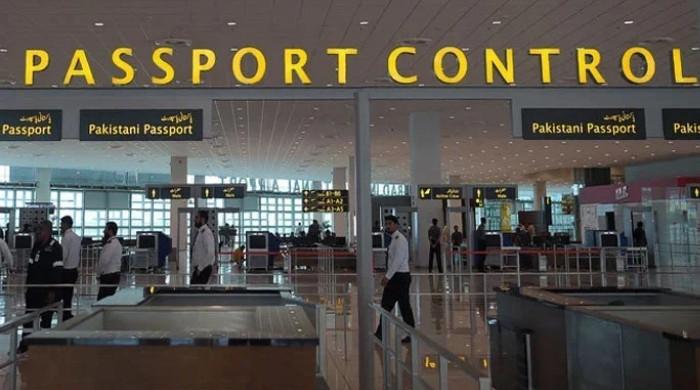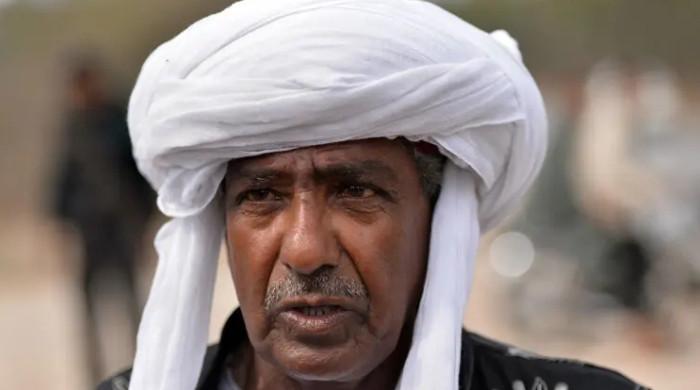US supports direct talks between India, Pakistan: State Dept
"Pace, scope and character (for talks) should be determined by the two countries, not by us," says Matthew Miller
June 21, 2024
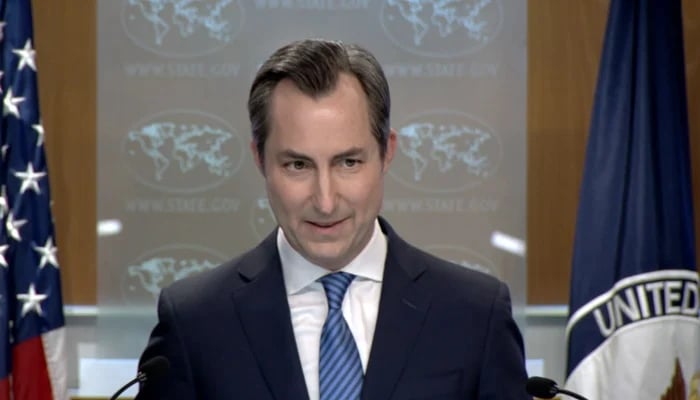
- State dept official says US values relations with India, Pakistan.
- Miller says US, Pakistan have shared interest in combating threats.
- We support US-Pakistan military-to-military engagements, he says.
WASHINGTON: The State Department on Thursday reiterated that it supports direct talks between Pakistan and India, however, the scope of negotiations should be determined by the two neighbouring countries and not the US.
State Department Spokesperson Matthew Miller said this in response to a query seeking his comments on recent exchanges that took place between Prime Minister Shehbaz Sharif and his Indian counterpart Narendra Modi over the latter’s securing a third term as the premier.
“We value our important relationships with both India and Pakistan. As we have said, we support direct discussions between India and Pakistan, but the pace, scope and character should be determined by those two countries, not by us,” said Miller.
PM Shehbaz on June 10 congratulated Modi on taking oath as the Indian PM. Modi, in response, thanked Shehbaz.
Shehbaz’s elder brother and former prime minister Nawaz Sharif, also felicitated the Indian PM. “Let us replace hate with hope and seize the opportunity to shape the destiny of the two billion people of South Asia,” he advised Modi.
The Indian PM in his response said, “The people of India have always stood for peace, security and progressive ideas.”
“Advancing the well-being and security of our people shall always remain our priority,” he added.
Terrorism
Meanwhile, addressing the department’s press briefing, the State Department spokesperson said the US and Pakistan had a shared interest in combating threats to regional security.
“We partner with Pakistan on security through our high-level counterterrorism dialogue, including several counterterrorism capacity-building programs, and we support a series of US-Pakistan military-to-military engagements,” he said.
He was asked about Pakistani Ambassador to US Masood Khan’s statement that Pakistan needed modern American weapons to fight the Tehreek-e-Taliban Pakistan (TTP), as the terror outfit is “using American weapons against Pakistani military forces that were left by US forces in Afghanistan”.
Miller said, “We are in regular communication with the Pakistani leaders as a part of our partnership on CT issues, and we will continue to discuss regional security in detail, including through our annual counterterrorism dialogue and other bilateral consultations.”




